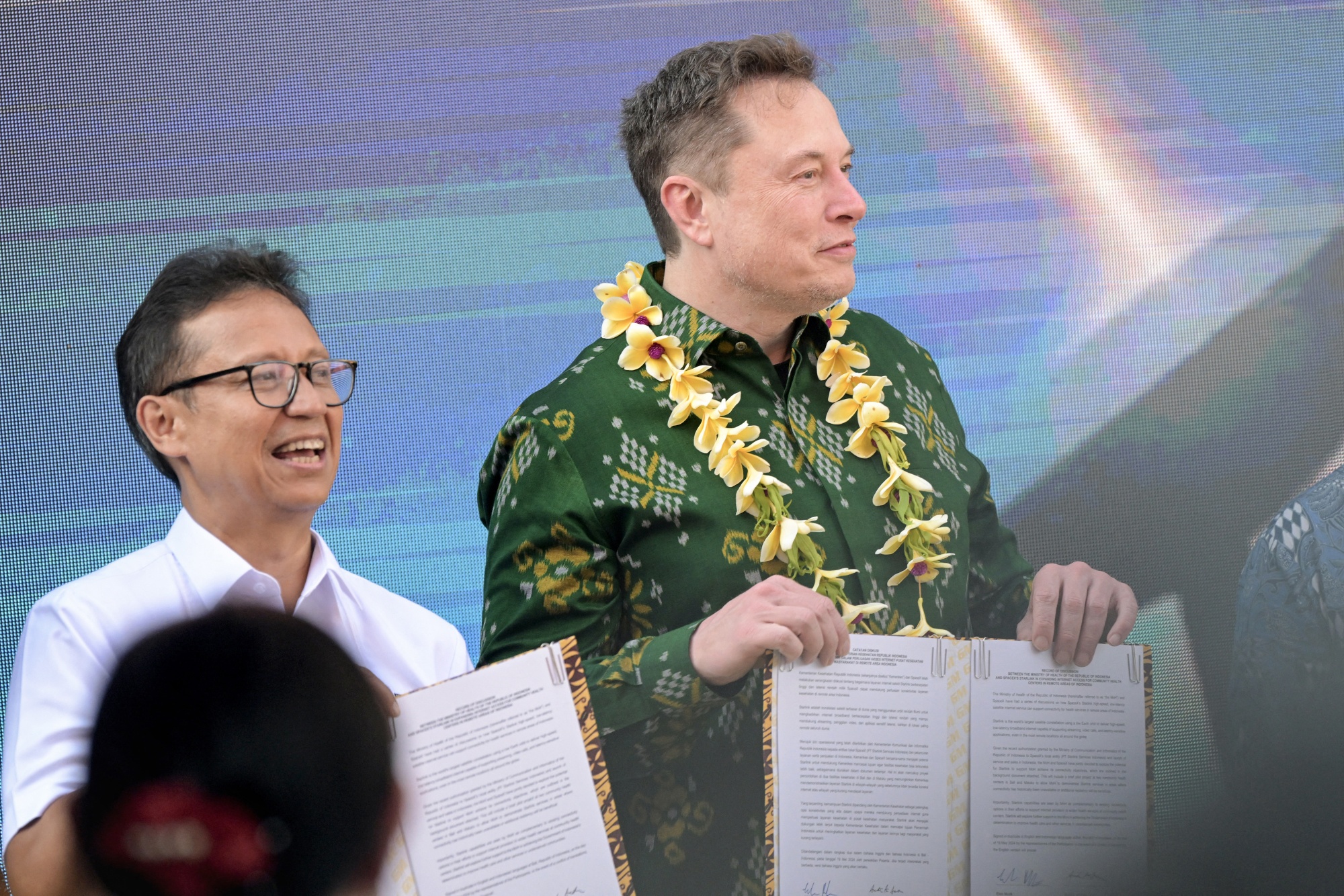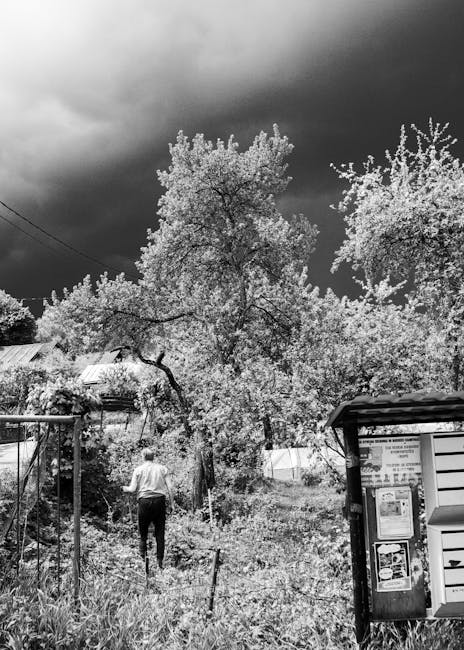Musk’s arrival in Bali on his private jet set the stage for this pivotal initiative to transform internet access across Indonesia, a country with a population exceeding 270 million spread across diverse geographical landscapes and multiple time zones. The introduction of Starlink is expected to play a crucial role in connecting the disconnected, particularly in the farthest and most isolated parts of the archipelago.
During the launch, Musk highlighted the transformative potential of internet connectivity, stating, “If you have access to the internet, you can learn anything.” He expressed his enthusiasm about the project’s ability to bring critical online resources to regions previously plagued by low connectivity.
The initial rollout of Starlink included three Indonesian health centers—two located in Bali and one on the remote island of Aru in Maluku. A video presentation at the event demonstrated how the high-speed internet provided by Starlink facilitates the real-time input of data, which is essential for effectively addressing health challenges like stunting and malnutrition.
While there has been speculation about Musk’s interest in investing in Indonesia’s burgeoning electric vehicle (EV) sector, he clarified that his current focus was solely on Starlink and its implications for remote areas. The Indonesian government has expressed interest in attracting investments from Musk’s Tesla, especially to utilize the nation’s rich nickel resources for EV manufacturing.
Musk’s visit to Indonesia also includes a meeting with President Joko Widodo and participation in the World Water Forum. This engagement underscores the broader implications of his visit, reflecting potential discussions on further technological and industrial collaboration.
The Indonesian Communications Minister, Budi Arie Setiadi, who attended the launch, noted that while Starlink is now commercially available, the government’s priority would be to deploy it primarily in outer and underdeveloped regions to maximize its impact where it is most needed.
Before the launch, Starlink had secured the necessary permits to operate as an internet service provider for retail consumers in Indonesia, along with approval to provide network services through a very small aperture terminal (VSAT) permit.
With approximately 60% of the 7,500 satellites orbiting Earth, SpaceX’s Starlink dominates the satellite internet sphere. Following the successful launches in Malaysia and the Philippines, Indonesia becomes the third country in Southeast Asia to welcome Starlink’s services. The technology is also extensively used in Ukraine, supporting military operations, hospitals, businesses, and aid organizations, showcasing its versatility and reliability in various sectors and scenarios.







